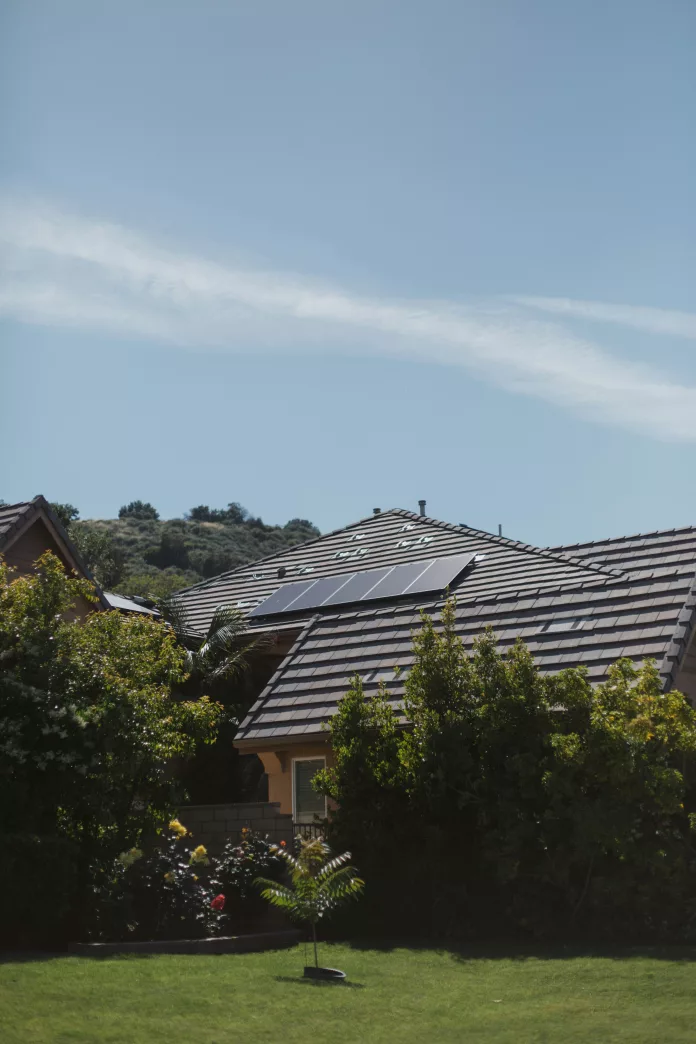Puerto Rico’s journey towards a sustainable and resilient power system is a story of determination and innovation in the face of adversity. With a shared vision of molding an energy framework that emphasizes affordability, reliability, and ecological mindfulness, the people of Puerto Rico are forging a path toward complete reliance on renewable energy by 2050—a vision underscored by their experience with catastrophic weather events and the legislative commitment encapsulated in Act 17.
The PR100 Study: Charting a Course to 100% Renewable Energy
The two-year PR100 Study, spearheaded by the National Renewable Energy Laboratory (NREL) and financed by the Federal Emergency Management Agency, is a landmark exploration of the diverse paths Puerto Rico can embark upon to realize its renewable energy aspirations. A collaboration of six DOE national laboratories brought together an impressive array of models and research expertise to illuminate the potential futures of the island’s energy landscape.
Stakeholder Engagement: The Core of PR100 Research
To embody the true spirit and needs of Puerto Ricans, inclusive and extensive stakeholder involvement stood at the heart of the PR100 study. From community tours bridging geographical divides to a spectrum of roundtable discussions, every voice had a chance to shape the energy narrative. A dedicated advisory group lent further depth and diversity to the study’s direction, ensuring representation from a wide array of societal segments.
Scenarios within the study were meticulously crafted to mirror stakeholder priorities, spanning concerns from energy access and affordability to the broader socio-economic implications of transition.
Exploring the Pathways to a Renewable Future
The essence of the PR100 report is encapsulated in three prospective scenarios, each exploring the nuances of solar-plus-storage deployment strategies. Considering both concentrated and distributed approaches to solar adoption, the scenarios—Economic, Equitable, and Maximum—present a tiered vision for the island’s renewable transition.
Scenario Insights: Balancing Needs and Resources
Amidst these trajectories, the study revealed the complexity of navigating land use concerns, economic factors, and the necessity of bridging the energy access gap. The nuanced analysis incorporates considerations for less intrusive land use, robustly modeled load projections, and a recognition that a pure shift to renewables, while feasible, requires considerable structural investment.
Key Findings and Next Steps Towards Energy Resilience
The overarching message of PR100 is clear: Puerto Rico can indeed shift entirely to renewables by 2050, yet this technical possibility needs to be anchored in practical planning and community-centric decision making. Immediate enhancements to infrastructure and operational systems are non-negotiable, whether embarking on the renewable route or not.
With a systemic emphasis on a diversified, geographically spread energy matrix, and meticulous planning for upgrading capacity, the study opens a well-charted roadmap for Puerto Rico’s ambition of a robust, sustainable, and responsive power system.
“This cannot happen—100% renewable by 2050—unless everyone leans in to do their own part, and [PR100’s] inclusive way of getting thoughts and ideas is the best way to do it. I think a really good model is set up, and that model is going to continue in the integrated resource plan, and we all have a role to play. What I believe is that 100% renewable is doable.” – Shay Bahramirad, senior vice president of engineering at LUMA Energy and a PR100 Advisory Group member
Reflecting a global necessity, the PR100 outcomes herald a broader conversation about the transformation of power systems to accommodate new operational paradigms driven by renewables. The comprehensive dataset and findings of the study were made accessible through a dedicated webinar, offering a lens into the possibilities and expectations surrounding Puerto Rico’s formidable journey towards a fully renewable energy future.
To delve deeper into the study’s conclusions and the rich tapestry of data defining the renewable contours of Puerto Rico, the PR100 summary report and website stand as comprehensive portals of information, replete with scenario-specific insights and robust assumptions.

























